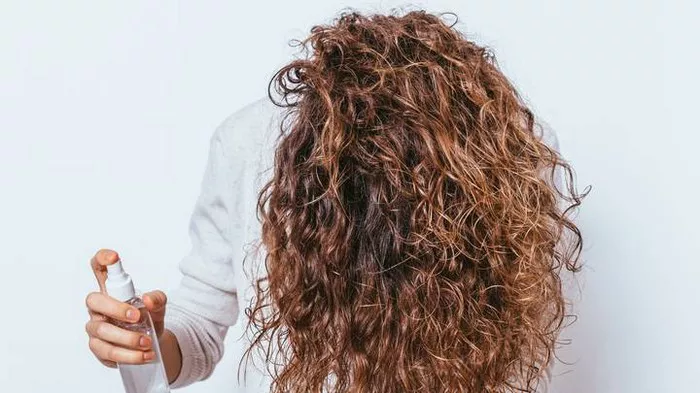Consumers in the U.S. are increasingly voicing concerns about their hair, with two emerging trends gaining significant attention—“dead hair” and high porosity hair. These issues are particularly alarming to beauty enthusiasts, many of whom are also worried about hair shedding leading to balding.
Dead Hair: A Growing Trend
“Dead hair” has become a rapidly growing concern, with a remarkable 239.2% increase in popularity year over year, according to the Spate Popularity Index, a beauty trend tracker based in New York City. TikTok has dominated this conversation, accounting for 83.5% of the popularity share. On TikTok, searches for “dead hair” have skyrocketed by 346.1%, while Google Search has seen a 53.0% increase in related queries.
Although “dead hair” is not a clinical term, it is used by consumers to describe severely damaged, brittle, and dry hair. The term has gained significant traction on social media, highlighting consumers’ real concerns. Beauty brands have an opportunity to tap into this conversation by using language that resonates with consumers’ struggles. However, analysts warn that brands should avoid forcing viral jargon that doesn’t align with their usual tone, as it can come across as inauthentic.
TikTok hashtags such as #damagedhair (with an average of 398.1K weekly views) and #crispyhair (303.6K weekly views) are also driving attention to the issue. Experts suggest that brands can incorporate terms like “targets damaged and dead hair” or “crispy hair” into packaging and marketing materials to connect with this growing conversation.
High Porosity Hair: An Emerging Concern
Another rising issue is high porosity hair, which has seen a 173.7% increase in popularity year over year. Google Search accounts for 57.4% of the interest in this trend, signaling a demand for information on what high porosity hair is and how it differs from low porosity hair. Spate’s data reveals that this trend has grown by 171.7% on search and 176.4% on TikTok, indicating that consumers are eager to learn about how hair porosity affects their hair health.
Along with education, there is a clear opportunity for brands to provide targeted solutions. The search volume for products related to high porosity hair averages 9.3K monthly searches, suggesting a demand for specialized haircare. TikTok-related hashtags such as #naturalhair (1.3 million weekly views) and #curlyhair (691.7K weekly views) highlight strong interest, particularly from those with textured or curly hair.
Experts advise that brands who adapt their messaging and product offerings to align with these consumer concerns—without forcing trends—can position themselves as leaders in the next wave of haircare innovation.
Conclusion
As concerns over dead hair and high porosity hair continue to grow, beauty brands have a unique opportunity to engage with consumers in a meaningful way. By using authentic language that resonates with real hair struggles and offering targeted solutions, brands can remain at the forefront of the evolving haircare market. Staying in tune with these emerging trends will allow companies to foster consumer trust and drive long-term success in a highly competitive industry.
Related topics:
- MYAVANA Expands to Africa with Its First Brick-and-Mortar Haircare Tech Store
- Key Insights on Drugstore Hair Care: Expert Advice for Healthy Hair
- How to Use Coconut Oil for Healthy Hair: Expert Tips and Insights


